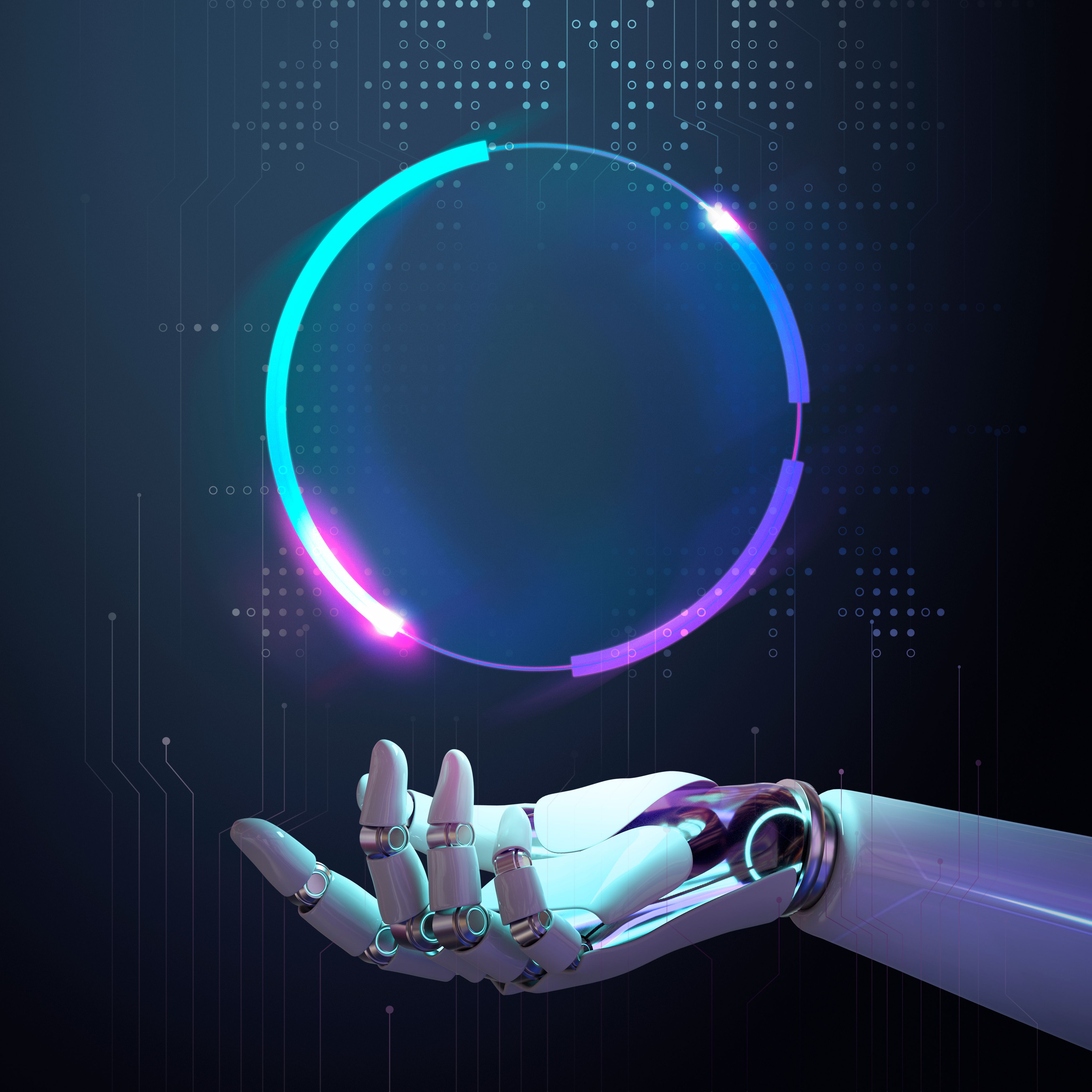
The Democratization of Artificial Intelligence: Making AI Accessible for Everyone
 Imagine a world where the power of artificial intelligence is at your fingertips, regardless of your technical background or resources. A world where AI isn't just for tech giants and data scientists, but for everyone – from small business owners to healthcare workers, from artists to educators. This isn't a far-off dream; it's the goal of AI democratization, and it's happening right now.
Imagine a world where the power of artificial intelligence is at your fingertips, regardless of your technical background or resources. A world where AI isn't just for tech giants and data scientists, but for everyone – from small business owners to healthcare workers, from artists to educators. This isn't a far-off dream; it's the goal of AI democratization, and it's happening right now.
Understanding AI Democratization
What is AI Democratization?
AI democratization is the process of making artificial intelligence technologies accessible to everyone, regardless of their background or resources. It's about breaking down barriers and putting the power of AI into the hands of the many, not just the few.
Why Does It Matter?
Did You Know? AI democratization could unlock unprecedented innovation, productivity, and growth across various sectors of society.
The democratization of AI is crucial because it has the potential to revolutionize how we work, learn, and solve problems. By making AI more accessible, we're opening up new possibilities for innovation and progress across all sectors of society.
The Key Elements of AI Democratization
1. Accessibility of AI Tools and Platforms
Imagine AI as a Swiss Army knife – versatile, powerful, but traditionally complex. Now, picture that same knife with big, easy-to-use buttons. That's what accessibility in AI looks like. It's about creating user-friendly interfaces and lowering the technical barriers to entry.
Companies are developing low-code and no-code platforms that allow users without programming skills to create AI applications. These platforms are making it possible for individuals and businesses to leverage AI for process automation, data science, computer vision, text analysis, and image analysis.
2. Education and Training
Just as we teach kids to read and write, we need to teach people AI literacy. This involves providing education and training to help individuals understand and use AI technologies effectively. Many organizations and online platforms are offering free or low-cost AI courses, making it easier for people to gain the necessary skills.
3. Open Collaboration and Knowledge Sharing
Think of this as a global potluck of ideas. By promoting collaboration and openness, we can accelerate AI development and ensure that the benefits are widely shared. Open-source AI projects and public datasets are playing a crucial role in this aspect of democratization.
4. Ethical Considerations
As Uncle Ben said to Spider-Man, "With great power comes great responsibility." As we democratize AI, we must also consider the ethical implications and ensure that AI is used responsibly and for the benefit of all. This includes addressing issues of bias, privacy, and transparency in AI systems.
The Benefits of Democratizing AI
1. Reducing Entry Barriers
Remember when computers were so expensive that only large corporations could afford them? AI is at a similar stage now, but democratization is changing that. By making AI more accessible, we're lowering the barriers to entry for individuals and small businesses.
2. Enabling New Applications
With AI in more hands, we're seeing innovative applications in fields like hate speech detection and sentiment analysis. The diversity of users leads to a diversity of ideas and applications.
3. Creating More Accurate Models
The more diverse the group working on AI, the more diverse and accurate our AI models become. It's like having a potluck dinner instead of eating alone – you get a much wider variety of flavors!
4. Cutting Down Costs
As AI becomes more accessible, the costs associated with its development and use are decreasing. This makes it possible for smaller organizations to leverage AI technologies, leveling the playing field with larger corporations.
5. Driving Innovation
When you put powerful tools in the hands of creative people, magic happens. AI democratization is fueling innovation across various sectors, from healthcare to education to art.
Challenges and Considerations
1. Data Privacy and Security
As AI becomes more accessible, we need to ensure that personal data is protected. It's like giving everyone a key to your house – convenient, but you need to make sure the locks are secure.
2. Potential for Misuse
With great power comes... well, you know the rest. As AI becomes more accessible, we need to be vigilant about its potential misuse and implement safeguards. This includes addressing concerns about AI-generated misinformation and deepfakes.
3. Quality Control
As more people develop AI solutions, maintaining quality standards becomes crucial. It's like opening up the kitchen to everyone – we need to make sure the food is still delicious and safe to eat.
The Future of AI Democratization
1. AI-Powered Education
Imagine a world where every student has a personal AI tutor, adapting to their learning style and pace. AI democratization is making this a reality, with AI-fortified learning portals and adaptive assessments.
2. AI in Healthcare
From early disease detection to personalized treatment plans, democratized AI is revolutionizing healthcare, making advanced diagnostics and treatments more accessible to all.
3. AI for Small Businesses
Small businesses are the backbone of many economies. With democratized AI, these businesses can leverage advanced analytics and automation, leveling the playing field with larger corporations.
4. Public AI Initiatives
Recent developments show a growing interest in public AI initiatives. For instance, there are proposals for creating public AI models that use public domain works and government-licensed content, ensuring ethical data usage and public oversight. These initiatives aim to address critical ethical questions in AI development and provide mechanisms for public input.
5. AI in Governance and Democracy
Interestingly, AI is not just being democratized; it's also being explored as a tool to enhance democratic processes. For example, OpenAI has been experimenting with using AI to facilitate large-scale public deliberations, identifying areas of consensus on complex issues. While this approach has its challenges and potential biases, it represents an innovative attempt to use AI in service of democratic ideals.
Conclusion
The democratization of AI is not just about making technology accessible; it's about empowering people, fostering innovation, and creating a more equitable future. As we continue on this journey, we must remain mindful of the challenges and ethical considerations, ensuring that AI serves the many, not just the few.
As AI becomes more integrated into our daily lives, it's crucial that we, as a society, engage with these technologies critically and thoughtfully. The democratization of AI offers immense opportunities, but it also requires us to be responsible stewards of this powerful technology.
Are you ready to be part of the AI revolution? Start by exploring free AI courses online, joining AI communities, or even experimenting with user-friendly AI tools. Remember, the future of AI is not just for tech experts – it's for everyone. Your unique perspective could lead to the next groundbreaking AI application. So, what will you create with AI?
Related Articles


